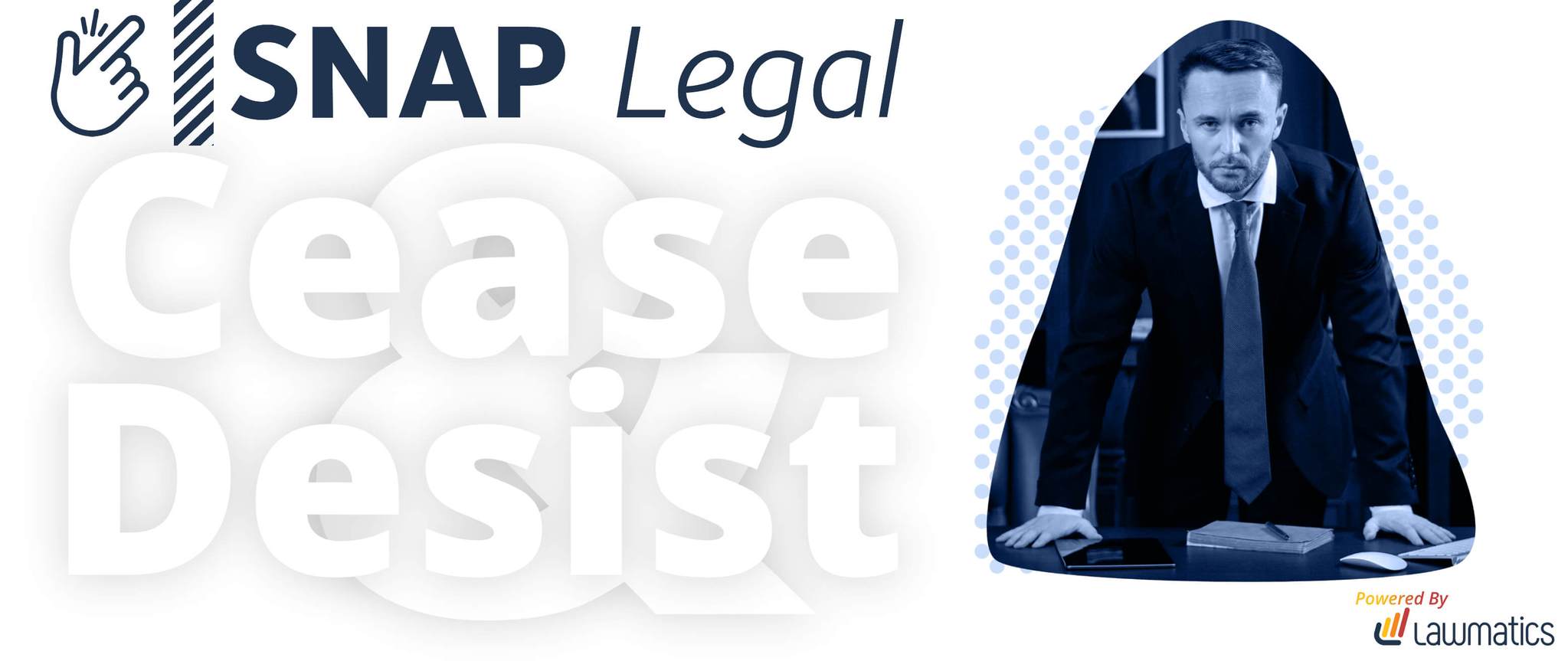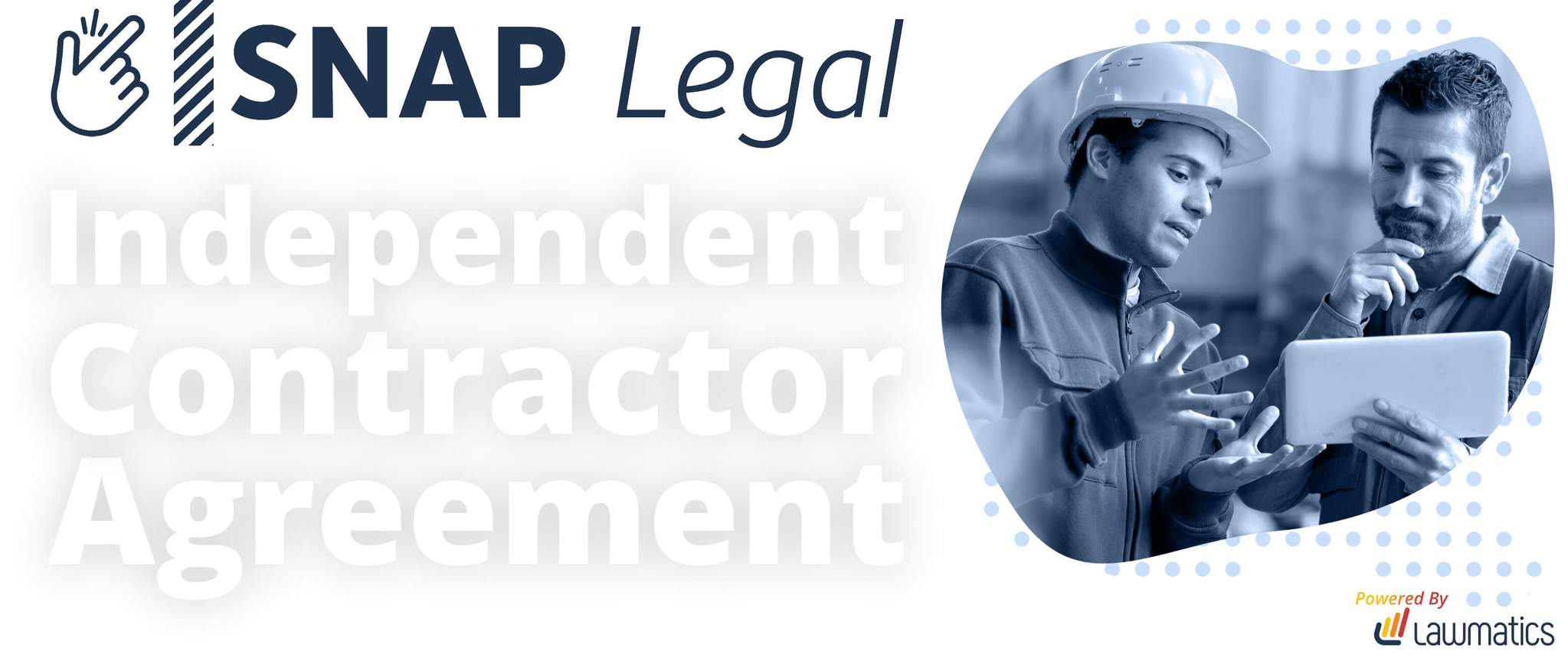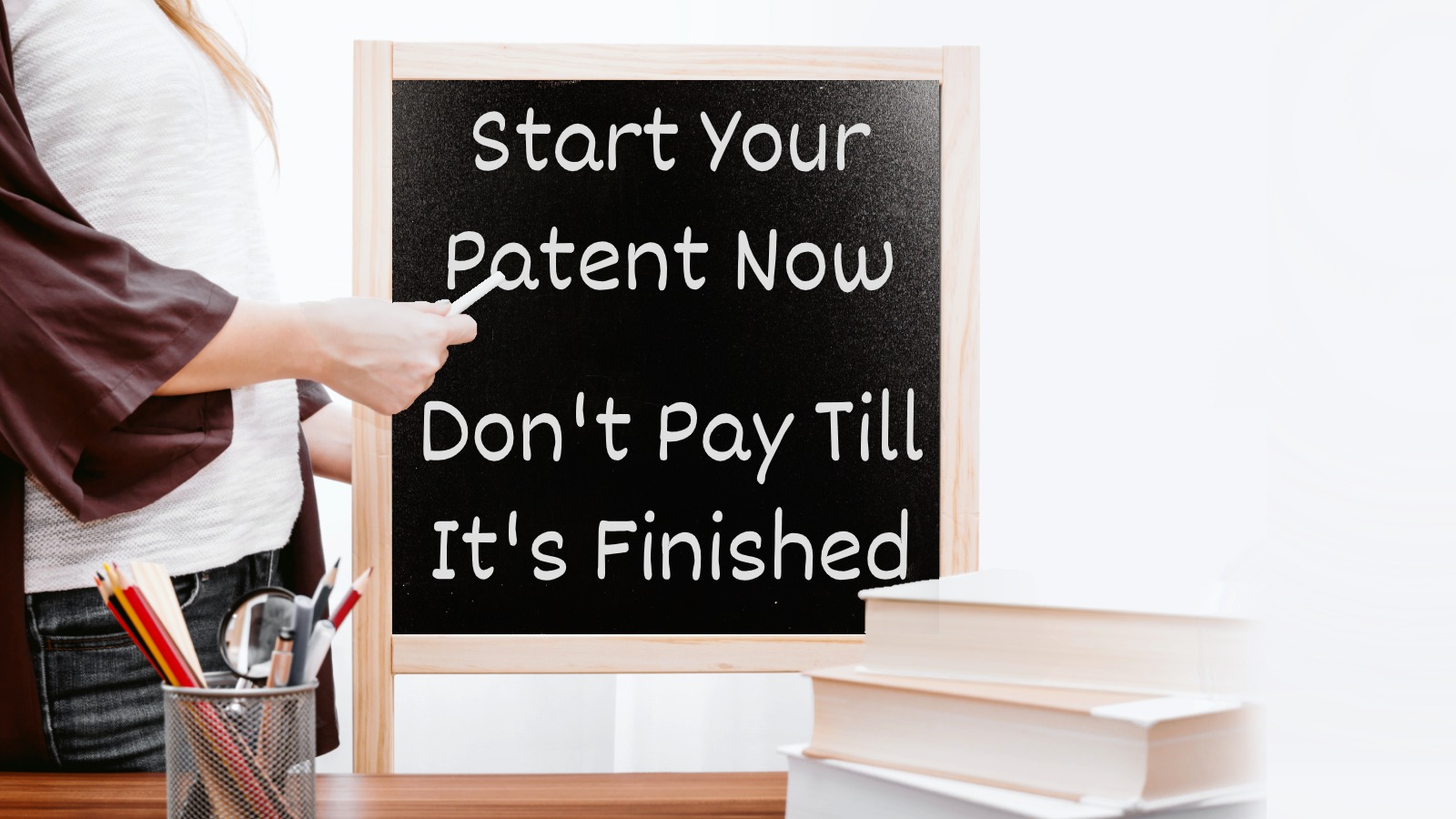|
Apple’s first patent for the iPhone, submitted in 2007, had humble beginnings. It was listed simply as an "ornamental design of an electronic device, as shown and described." Little did we know that by 2011, Apple would sell over 18 million units worldwide, rendering this invention one of the most ubiquitous devices of our generation. With technology developing at a rapid rate these days, it’s anyone’s guess what the next great invention will be. Whether you’re still testing out ideas or at the prototype stage of making your vision a reality, it’s important to recognize the value of your work product. Taking the time to prepare an invention disclosure form will allow you to record evidence that this unique invention is yours (or your company’s) and get you started on the patenting process. Here at Miller IP Law, we’re dedicated to empowering our clients with knowledge and protecting their interests with innovative strategies. In today’s post, we’ll provide you with a primer on how to get started on invention disclosure forms.
What is an Invention Disclosure Record?
An invention disclosure record (IDR) is a form that documents important facts and technical information relating to the invention, the inventors involved, and the earliest invention date. This form also acts as a business record for your company so that you have documentation showing your rights to the invention. The IDR will also include any sponsorship information for your invention. An IDR can be filled out and completed by any of the inventors and should be factually accurate. If there are multiple inventors, each inventor should receive a copy of the IDR for his/her records. Wondering whether you even need an IDR or patent for your invention? Let’s examine what makes an invention patentable. First, you should know there are three kinds of patents: utility, design, and plant. A utility patent protects inventions that fall under the following categories: process, machine, article of manufacture, composition of matter, and improvement of any of the above. The invention must be new, nonobvious, and useful. A design patent protects the ornamental design of a manufactured item (this is the nature of the patent that Apple submitted in 2007. A plant patent protects asexually reproduced plant varieties by design and plant patents. Here’s what cannot be patented: Laws of nature Physical phenomena Abstract ideas Literary, dramatic, musical, and artistic works (these can be copyright protected, though, which is a different application). Related: Is Software Protected By Copyrights or Patents?
Why Do You Need to Submit an IDR?

Submitting an IDR is a great idea for various reasons, most of which will help you streamline invention procedures at your company, save time, and protect your professional interests. Let’s look at some of these reasons in detail.
Expedite Your Patent Process
Preparing an IDR will help speed up your patent process. Because invention dates are important when it comes to locking down a patent for your invention (the U.S. is a first-to-file nation, which means generally whoever files first gets the patent), you want to do whatever you can to expedite the process. By already having an IDR prepared, you have proof of your invention date. In a situation where some other inventor may have invented something similar, you have the advantage of a formal business record noting when you came up with your invention.
Make Your Patent Process More Efficient
Because you’ve already included a lot of pertinent information and facts related to your invention in the IDR, you’ll have everything at your disposal when it comes time to file a patent application with the USPTO (or other patent organization). If the IDR is accurately and thoroughly filled out, you’ll have an easier time completing the application for patenting your invention.
Improve the Quality of Your Application
Ideally, you’d complete the IDR soon after completing work on the invention when the facts are fresh in your mind. Thus, all the important technical details of the invention are already incorporated into the IDR and when it comes time to fill out the patent application, you won’t have to go back and try to remember all the work you’ve done. As a result, your patent application will be detailed and of a higher quality than those prepared without the help of an IDR.
Protect your intellectual property and commercial interests
Establishing the invention date on your IDR will protect your company’s commercial interests should you decide to file a patent application. Both you and the USPTO (or other governing organization) will know that you were the first to invent and when your product goes to market, the credit (and hopefully, profits) will be attributed to your company.
Market Your Invention to Investors
An IDR can be useful in describing your inventions to possible investors. Be sure to get them to fill out a Nondisclosure Form first. Related: What Do Investors Look For In Patents?
What Information Should an IDR Include?

An IDR consists of nine essential elements that must be included in order to be valid. They include a title of invention, inventor’s name and contact information, significant dates, description of invention, prior art, public disclosures of the invention and commercial activity, funding sources, witnesses, and signatures. Read on to see what each element means and how to complete your IDR.
Title of Invention
Don’t feel pressured to come up with an original title for your invention. A simple descriptive title will do. The title for Samsung Electronics Co., Ltd.’s 2003 patent was a succinct one: “cellular phone.” Just be sure that the title describes the invention and that it differentiates itself from any other IDRs your company is preparing so that they don’t get mixed up.
Inventor’s Name and Contact Info
Include a list of every inventor or individual who was substantially involved in the creation of your invention. Be sure to list their full names, complete contact information, and employee identification information, if any. Keep in mind that the question of formal inventorship is a legal issue that will be determined when it comes time to submit your patent application. An experienced patent attorney can help you figure out who to include in the IDR and whether they’ll constitute formal inventors for purposes of submitting a patent.
Significant Dates
Some important dates you may want to include in your IDR are: When the idea for the invention first came about If any new inventors or contributors joined the team during the invention process, list the dates they joined the team Dates of sketches that show the development of the invention Dates you created a working model of the invention Date you first put the invention into practice Dates you began, updated, and completed the IDR
Description of Invention

This portion of the IDR will take the most time and thought. Don’t be discouraged if this part takes you several weeks to complete as it is the most important component of the form. Taking the time to fill out this portion accurately will help you later on because this section is similar to the section where you’ll describe the invention for a patent application. Here are some guidelines to help you get started with a description: State the challenge that your invention aims to solve Describe the physical structure and features of your invention Explain how your invention works Write a summary of the invention that shows how your invention is different from others. This brings up a question of prior art, which means you need to show how your invention isn’t just a copy of something that was already available to the public (read more about this in the next section). Be sure to provide a detailed explanation as to how your invention is distinguishable from prior art that is most like your invention. In what ways is your invention more advanced and technologically sound? What parts of your invention are unique? Include any alternative approaches to solving the same problem and why they do or don’t work. If you’ve used any terms that readers may be unfamiliar with, be sure to explain what those terms mean Include test data and relevant findings relating to your invention Add clearly labeled graphs, diagrams, and drawings you’ve used in the invention process Conclude with any significant findings and results you derived from testing out the product and why your invention is a helpful contribution to the industry Related: Is Your Invention Worth Patenting?
Prior Art
Prior art is one of the most common reasons patent applications are rejected. What is prior art exactly? It’s defined by a federal statute: 35 U.S. Code §102, which states that prior art is anything already “patented, described in a printed publication, or in public use, on sale, or otherwise available to the public before the effective filing date of the claimed invention.” In short, prior art can include any product, use, publication, demonstration, knowledge, idea, presentation, or even previously filed patent application that was publicly disclosed or somehow made available to the public. Geography doesn’t matter when it comes to prior art. Even if someone in another remote country presented an idea for your invention before you filed your application, it constitutes prior art and would render your invention not “novel” under the federal statute. This brings focus back to the importance of timing when it comes to your IDR and patent application. Your IDR will show when you started work on your invention and can be used as evidence in the event a discussion of prior art arises with regard to your patent application.
Public Disclosures of the Invention and Commercial Activity
You must also disclose whether you’ve made any information relating to your invention publicly available and whether you’ve sold the invention to another company. Even if you only offered the invention for sale without actually selling it, this must be disclosed as well because it constitutes commercial activity. Including this information is important for your IDR and patent application because you have one year from the date of public disclosure and/or commercial activity to file a valid patent application. If you wait longer than a year, your invention is no longer eligible to be patented. It’s important to keep in mind that this one year grace period is only for patents in the U.S. Some foreign patent organizations may not offer a year period, so be sure to check the relevant statutes if you’re looking to apply for a patent in another country.
Funding Sources
Hopefully, you or your company has kept track of any external sources of funding for your invention, if any. You must disclose any funding sources in your IDR, including government funding sources. This is important to determining invention ownership with regard to your patent application later on.
Witnesses
An IDR requires the signature of one witness who was not an inventor or researcher and not involved in the creation or funding of the invention. Essentially, there should be no direct affiliation between the invention and the party witnessing and signing the IDR. The only other requirement is that the witness be able to understand the technical portions of the IDR.
Signatures
At least one of the inventors should sign the IDR. It’s advisable to get all the inventors to sign off on the IDR as soon as possible to make sure your documentation is complete. Related: How Long Does It Take and How Much Does It Cost To Get a Patent?
How Can Miller IP Law Help?

As you can see from our discussion above, completing an invention disclosure form takes a lot of time and thought but is worth it to document and record your unique invention. It pays to patent your work and establish your invention date so that you can protect your interests while sharing your contribution with the world. Understandably, you may have questions after reading today’s blog and we’re here to help. Give us a call at Miller IP to set up a strategy session. We have a genuine interest in educating our clients and helping them learn more about their intellectual property rights. Take a look at what we can do for you here.
|
|
 About the Firm... About the Firm...
Miller IP Law is a firm that focuses on small businesses, startups, and entrepreneurs/solopreneurs. We’re easy to use. We offer affordable pricing that’s transparent and flat-rate. We focus on the little guys who actually need our help. If you’d like an attorney on your team, simply schedule a Zoom call, and we’ll take care of the rest.
Top Blog Articles
1. Cheapest Way To Get A Patent
2. How Long Does It Take To Get A Trademark?
3. Why Are Patents Important?

Want to chat more about this topic, or got a burning question? Take advantage of instant chat and send us a direct message

Find Us On LinkedIn
|






































































